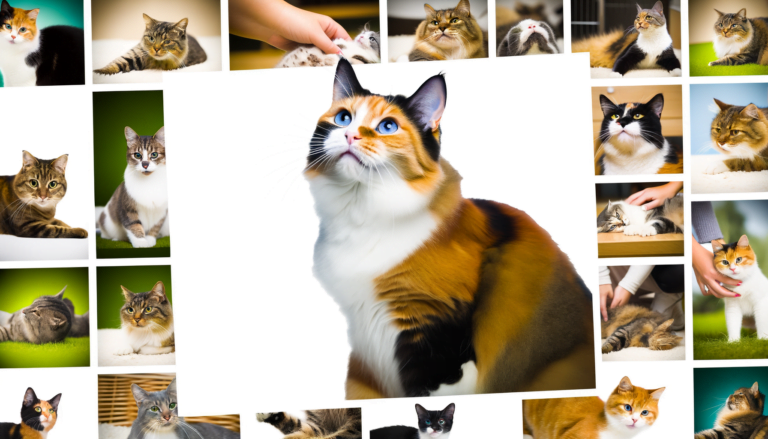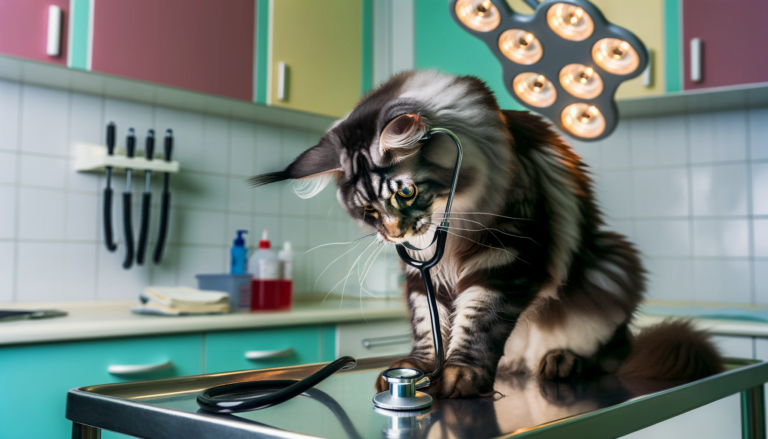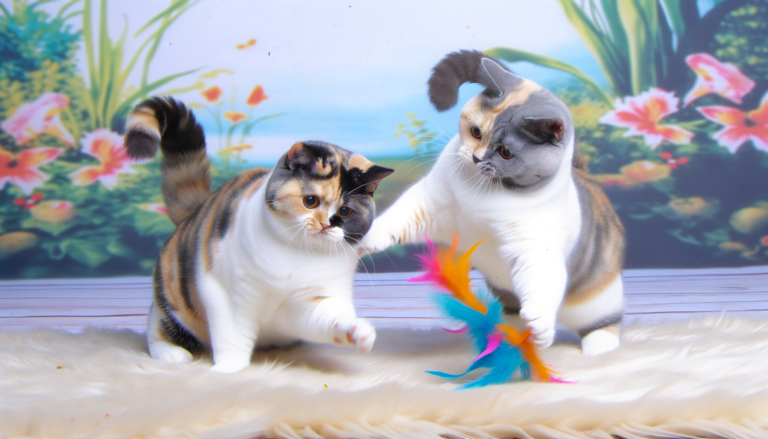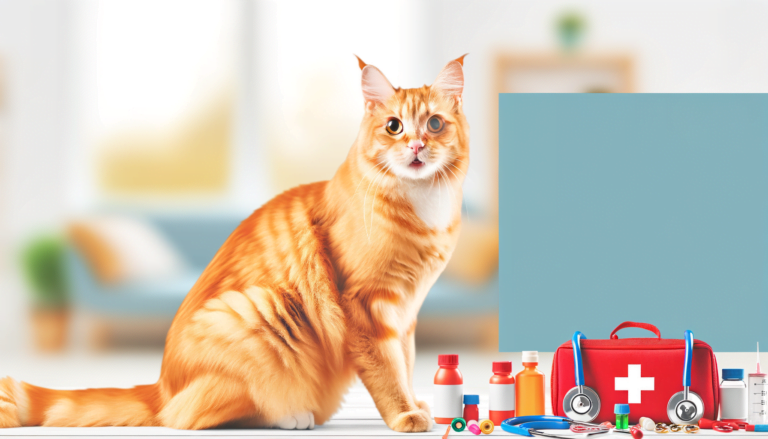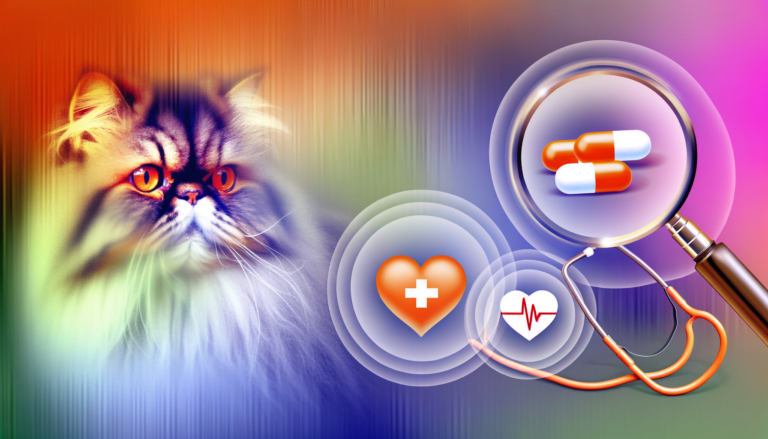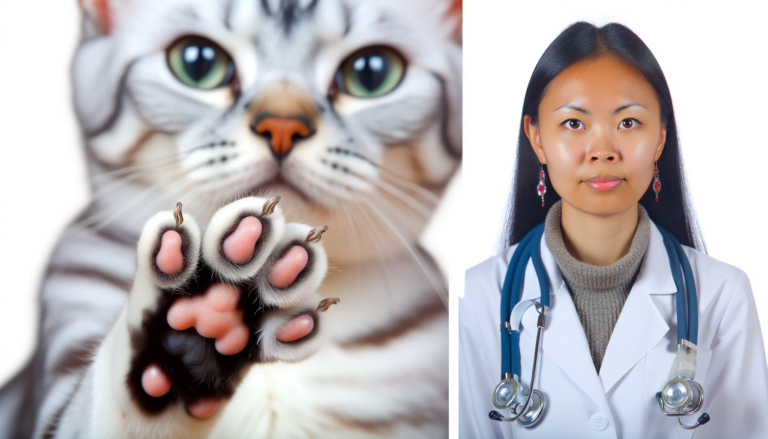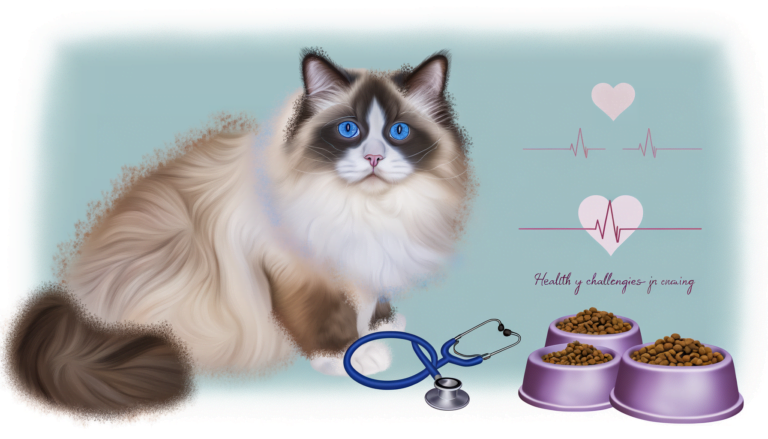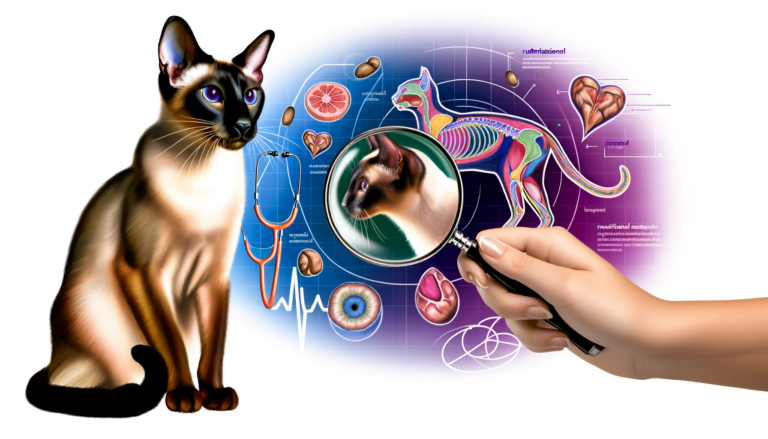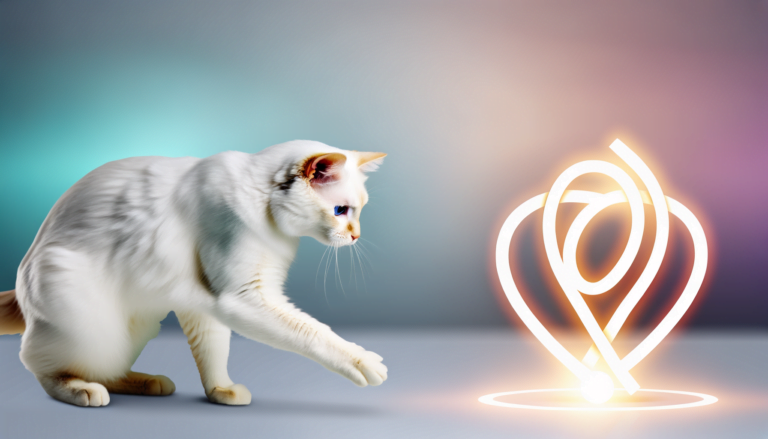Unleashing Wellness: Exploring the Impact of Cats and Dogs on Mental Health
Both cats and dogs have a positive impact on mental health due to their capacity to provide companionship, love, and alleviate loneliness. There is no definitive answer to which is better as it greatly depends on individual preferences. For instance, individuals who prefer a more relaxed and independent pet may find cats beneficial, as cats can provide a calming presence without requiring as much attention as dogs. On the other hand, those who enjoy being active and outdoors might find a dog more beneficial for their mental health because they encourage physical activity which is proven to reduce stress and anxiety levels. In conclusion, identifying the “better” choice between cats and dogs for mental health depends on a person’s lifestyle and preferences.

